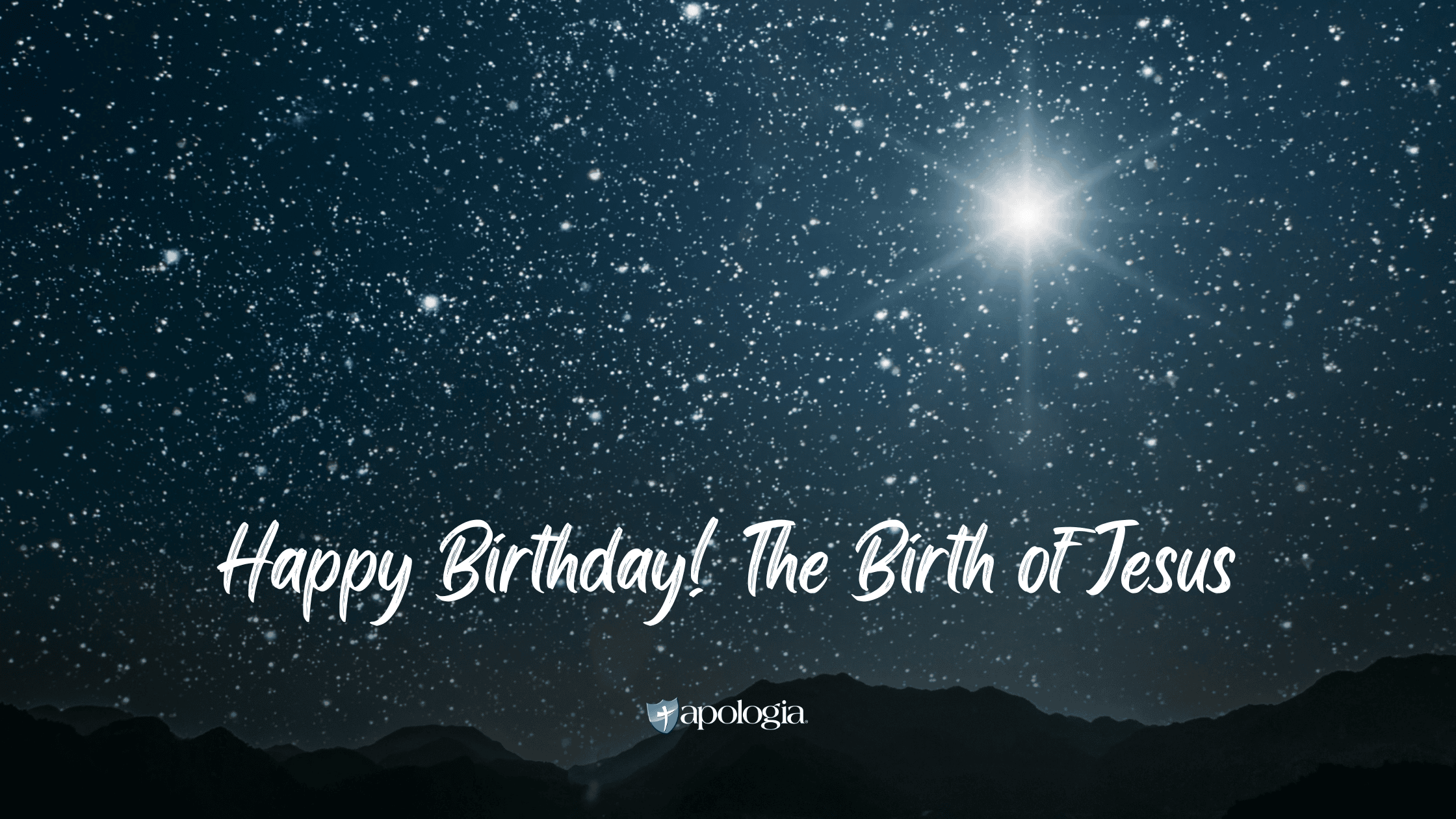
Happy Birthday! The Birth of Jesus
It’s hard for most of us to imagine celebrating the birth of Jesus on any other day than December 25th. However, the fact is we don’t know when Jesus was born. This wasn’t a problem for the earliest Christians because they didn’t celebrate Jesus’ birth at all. Their celebrations focused entirely on Easter, the day of the Resurrection. It wasn’t until late in the fourth century that believers started to celebrate Christmas. But by then the memory of the day had been lost and several different days were considered.
The earliest Church historian to record the date of Christmas is Clement of Alexandria who lived in the late 2nd – early 3rd centuries. He gives three different dates using the Egyptian calendar. Two of the dates fall in the same month, both months mentioned are in the spring, and two of the days are on the 25th, the other on the 24th. Some historians argue that he wasn’t using the Egyptian calendar and therefore the dates are different, usually making them very late or early in the year. The range of December 25th – January 6th is supported by this view. But some support for a spring birth is found on a statue of Hippolytus, a Christian theologian from the 3rd century. On the statue is a list of his writings and also the dates of Passover/Easter that he calculated to about 100 years after his death. Next to the date of April 2 is some graffiti that says “Genesis (birth or beginning) of Jesus Christ.” There is also a tradition that tries to make sense of both these times. According to Augustine, the spring date (March 25th) is when many believed Jesus was conceived and the birth date was December 25th.
The Eastern church began to use this time to celebrate a range of important events in Jesus’ life including his birth, the Adoration of the Magi, and his baptism. This reflects a belief by some in the early church that his birth and baptism were on or near the same day. Jesus’ birth is celebrated on either December 25th or on January 6th. The Armenian church does the same. In the middle of the 3rd century, the Western church adopted December 25th as the day of Christmas.
The date of December 25th also coincided with the pagan festival called Saturnalia, which was a feast that lasted from Dec. 17th-24th. Pagan converts to Christianity found it easy to make the transition to a new major celebration because it was at the same time that they had usually celebrated. And some of the practices of Saturnalia were adopted into the celebration of Christmas, such as gift giving and Christmas trees. As a result, some Christians have thought paganism had too much influence on Christmas and have refused to celebrate it, or at least not in the same way as most Christians.
As for the year Jesus was born, this is unknown as well. In the 5th century, a monk named Dionysius who was trained in astronomy and mathematics made a calendar based on the birth of Jesus being year 1. He calculated the time between the founding of Rome and the birth of Jesus to be 753 years. Later it was discovered that Herod died 749 years after the founding of Rome, making our calendar at least 4 years and maybe up to 7 years off. So Jesus was born 4-7 BC.
The Bible does not make any clear statement on the date or the year of Jesus’ birth, and so Christians have never treated it as an essential teaching of the faith. The incarnation is perhaps the greatest mystery of the faith. But the mystery doesn’t really have anything to do with the “when” of it. The important thing to remember is that God did become fully man at a real time in history at a real place. The mystery is not just the “how” of it (that God took on a fully human nature without setting aside his fully divine nature), but also the “why” of it – that God should love the world so much that he gave his one and only Son so that everyone who believes in him will not perish but have everlasting life. That is what makes Christmas worth celebrating.


